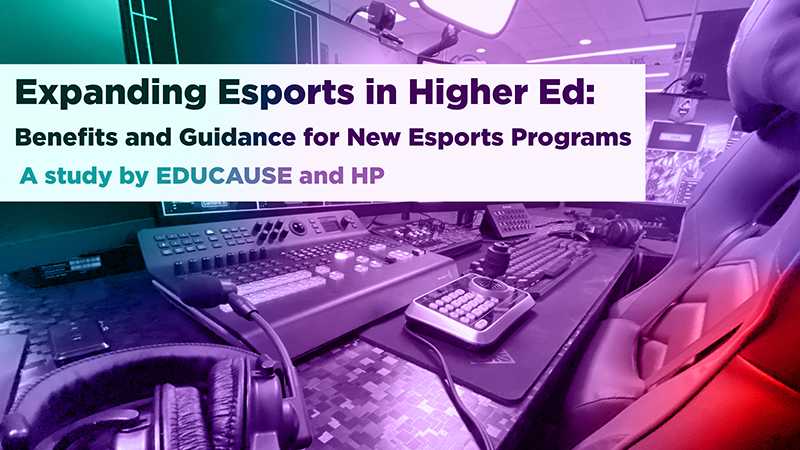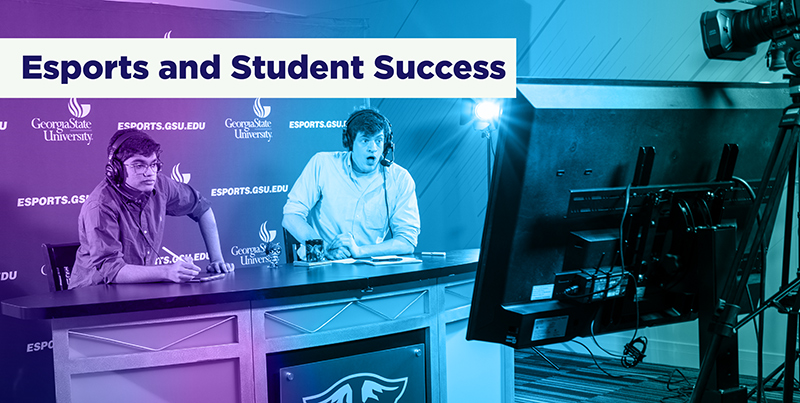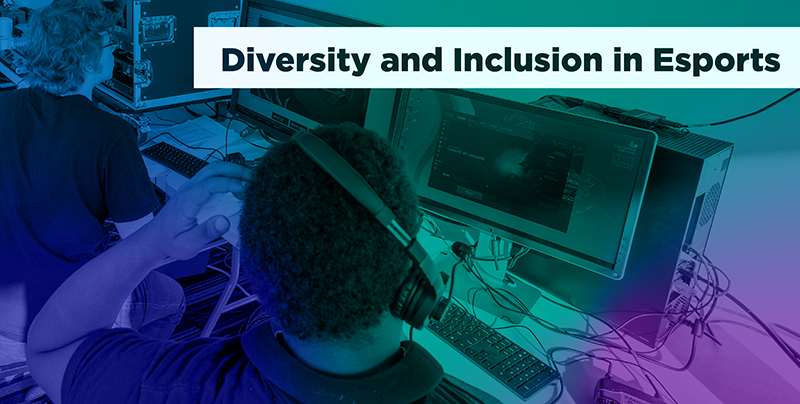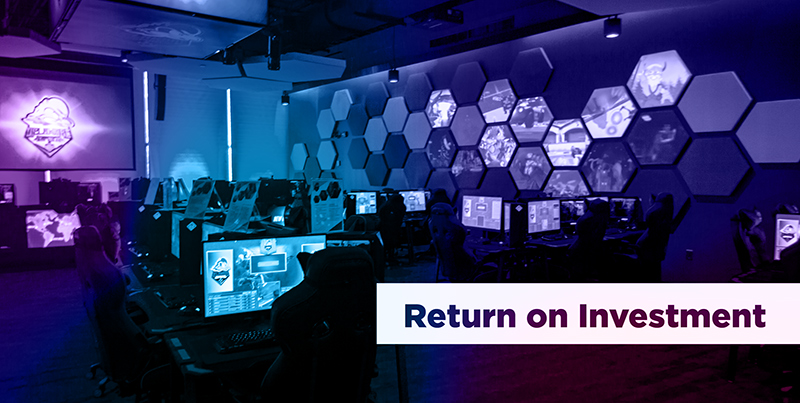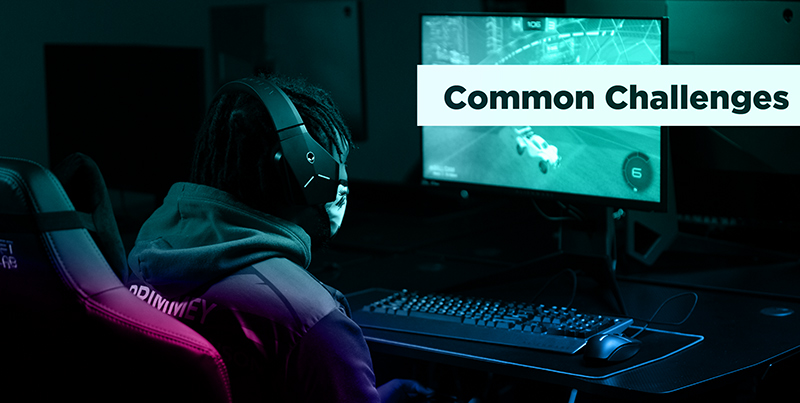Expanding Esports in Higher Ed: Benefits and Guidance for New Esports Programs
Esports is growing across higher education. How can institutions of higher education best capitalize on this emerging trend, to build and grow successful and competitive esports programs? What challenges and opportunities await institutions on the road ahead, and what capabilities will be most important for institutions to develop?
Through interviews conducted with staff, faculty, and esports coaches across a sample of higher education institutions—including research institutions, smaller colleges, and community colleges—the research summarized in this report provides an in-depth exploration into these and other important questions.
Among other important insights, this report highlights the stakeholders who should be involved in the processes of building esports programs, the ways in which diversity and inclusion can and should be considered at all levels of the program, and the benefits of esports to both the institution and its students, including those students who might not engage with other higher education communities.
Read full report | Other materials
Key Findings
Esports prepares students for a range of careers and can engage new groups of students. The return on investment can come in many forms.
Read more about the key findings >
Esports and Student Success
Esports athletes gain similar benefits to traditional sports. Many studies have been done on the benefits of traditional sports, and our interviewees reported that their esports athletes gained similar valuable skills and benefits like teamwork, communication, critical thinking, social growth, self-esteem and leadership, and time-management.
Read more about esports and student success >
Engagement
Institutions can grow engagement in many ways. There is a wealth of student interest in gaming and esports at most institutions, and building an esports program can engage a different group of students than a traditional sports program.
E Is for Everybody: Diversity and Inclusion in Esports
Institutions can take many different approaches to improving their inclusion practices including inclusivity pledges, design and location of esports areas, addressing toxicity and harassment, and more.
Read more about diversity and inclusion in esports >
Return on Investment
Esports provides institutions a return on investment in student interest, recruitment, and retention.
Read more about return on investment >
Common Challenges
Skepticism is a big challenge for the creation and expansion of esports. The most commonly reported challenge from interviewees was encountering skepticism of gaming and esports. Skepticism came from people in many positions in higher education—administration, faculty, deans, parents, and more.
Read more about common challenges >
Promising Practices for Implementing an Esports Program
Esports allows institutions to meet students where they are. There are groups of students who are interested in esports and gaming who don’t engage with many other communities or aspects of campus life. Building an esports program and gaming community on campus allows institutions to build connections with those students.
Read more about promising practices >
